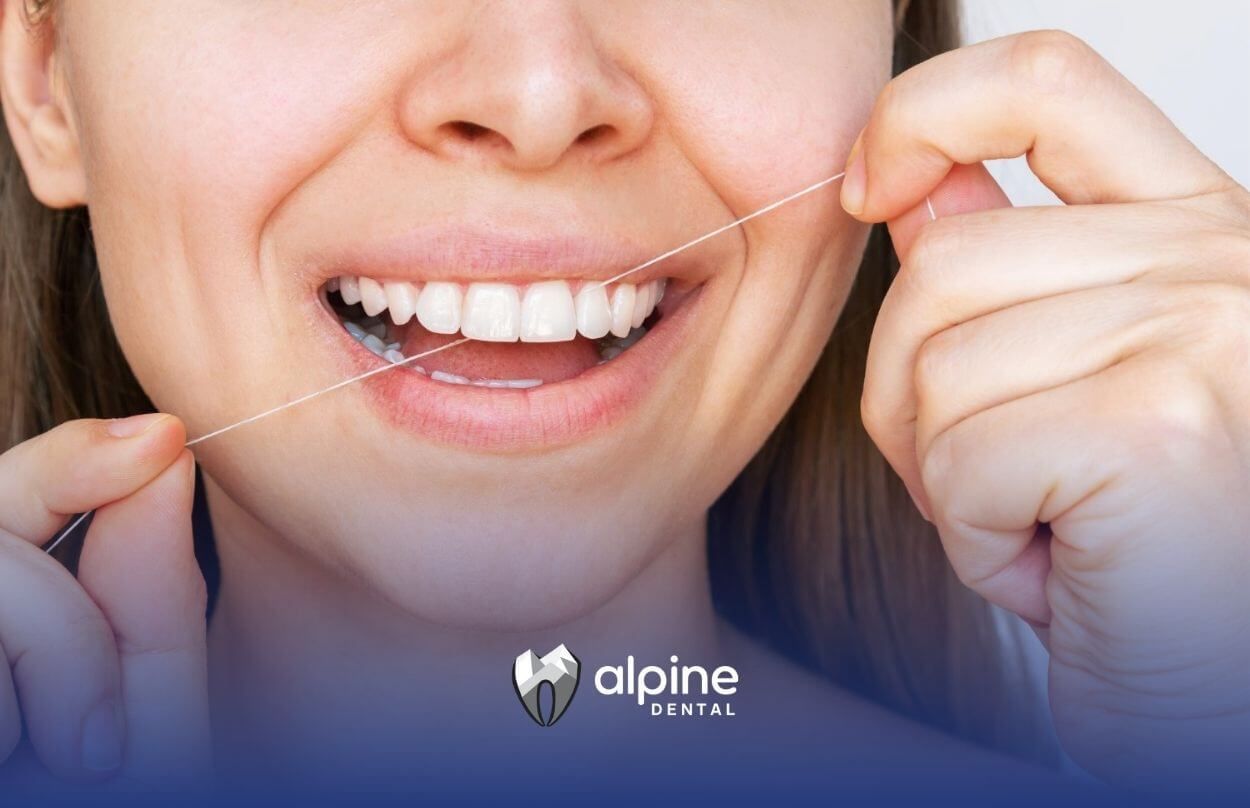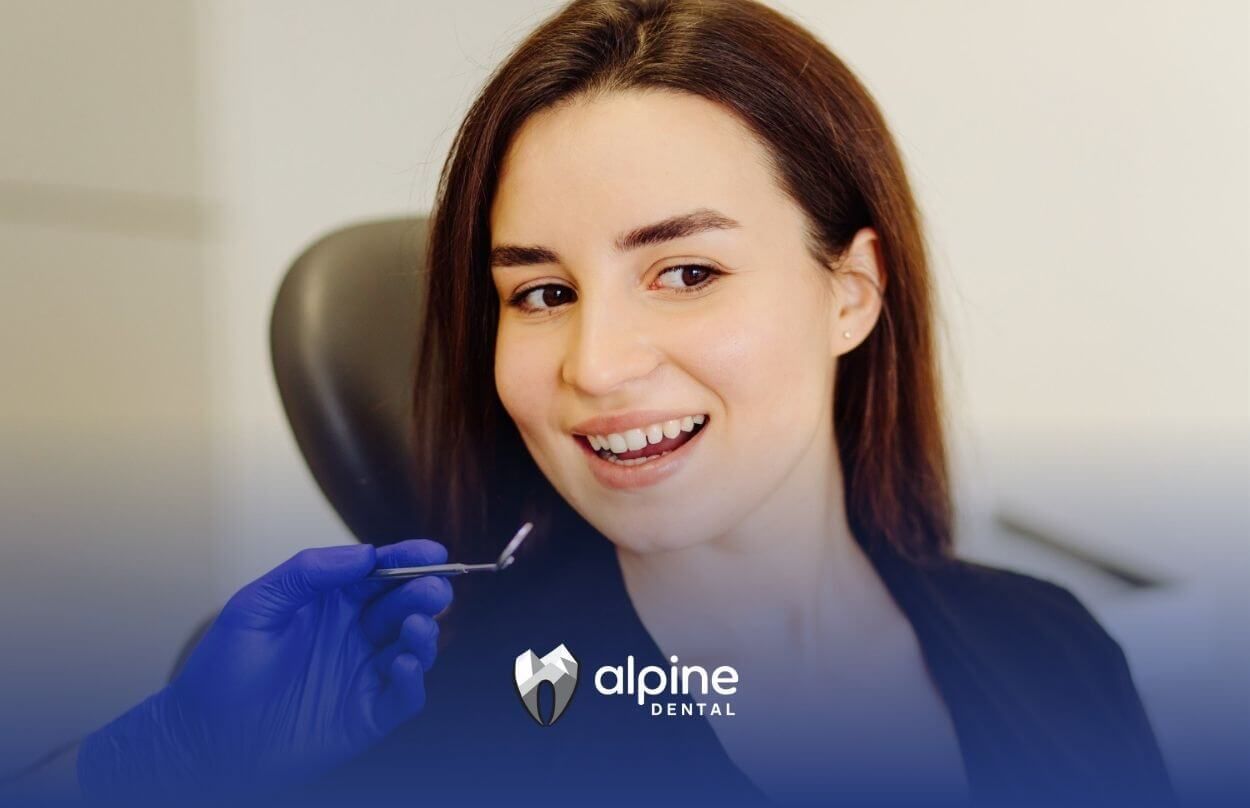Understanding the Common Swollen Gums Causes You Should Know
Swollen Gums Causes Overview
Swollen gums causes range from simple irritations to underlying medical conditions. In healthy mouths, gum tissue like the papillae between teeth appears firm and pink. When those triangle-shaped areas become inflamed or enlarged, they may cover part of the tooth surface and bleed easily. Persistent gum swelling signals a need for attention.
Understanding common triggers helps parents, caregivers, and dental professionals in Lakewood, New Jersey identify the best next steps. The main categories include bacterial infections, systemic health issues, local irritants, medications, and orthodontic factors.
Bacterial
Description: Infections of gum tissue
Examples: Gingivitis, periodontitis
Systemic
Description: Health issues affecting gum health
Examples: Vitamin C deficiency, diabetes
Local Irritants
Description: Direct irritants to gum tissue
Examples: Tobacco, alcohol, certain mouthwashes
Medication
Description: Drug-induced tissue overgrowth or swelling
Examples: Calcium channel blockers, phenytoin
Orthodontic
Description: Appliances that trap plaque against gums
Examples: Braces, clear aligners
Each category contributes in distinct ways. Subsequent sections explore these triggers in detail, highlighting signs, risk factors, and professional considerations.
Bacterial Infections
Gingivitis
Gingivitis is early-stage gum disease caused by plaque buildup at the gum line. Plaque harbors bacteria that release toxins, irritating gum tissue. Signs include redness, tenderness, and mild bleeding during brushing or flossing. Left untreated, gingivitis may progress within weeks to more severe problems.
Regular dental cleanings and consistent home care reverse gingivitis in most cases. A professional cleaning removes hardened plaque (calculus), while daily brushing and flossing prevent its return.
Periodontitis
When gingivitis advances, it can damage the fibers and bone supporting teeth, leading to periodontitis. Pockets form between gums and teeth, trapping more bacteria and deepening inflammation. Symptoms often include:
- Persistent gum swelling and bleeding
- Receding gums and exposed tooth roots
- Loose or shifting teeth
Research shows nearly half of all adults in the United States exhibit some form of periodontal disease, making it a leading cause of tooth loss. Proper diagnosis and treatment—ranging from deep scaling to surgical procedures—help control infection and preserve oral health. For more on periodontal disease stages and treatments, see the Cleveland Clinic’s overview of gum disease management.
Systemic Health Issues
Nutritional Deficiencies
Deficiencies in key vitamins and minerals can weaken gum tissue. Scurvy, caused by severe vitamin C deficiency, leads to swollen, bleeding gums and tooth loss if untreated. B-complex deficiencies may also contribute to gum soreness and inflammation.
Ensuring a balanced diet rich in fruits, vegetables, and lean proteins supports gum health. In some cases, a healthcare provider may recommend supplements to correct specific shortages.
Hormonal Fluctuations
Hormonal changes during pregnancy, puberty, menstruation, or menopause increase blood flow to gum tissue and can heighten its sensitivity. Pregnant individuals often experience “pregnancy gingivitis,” characterized by red, tender, and swollen gums that bleed more easily.
Maintaining diligent oral hygiene and scheduling additional dental check-ups during hormonal peaks helps manage inflammation. Dental professionals may recommend professional cleanings every three months rather than the standard six.
Medical Conditions
Certain chronic diseases can manifest as gum swelling:
- Diabetes elevates the risk of gum infections by impairing blood flow and immune response.
- Autoimmune disorders such as lupus may involve oral lesions and gum inflammation.
- Blood disorders like leukemia sometimes present with oral swelling and bleeding.
A medical evaluation is key when gum swelling accompanies other systemic symptoms, such as unexplained fatigue or abnormal bleeding. Collaboration between dental and medical providers ensures comprehensive care.
Local Irritants and Reactions
Poor Oral Hygiene
Inadequate brushing and flossing allow dental plaque to accumulate, setting the stage for gingivitis. Plaque forms a sticky film that bacteria use as a breeding ground. Without removal, plaque hardens into calculus, which requires professional cleaning to eliminate.
Tobacco and Alcohol
Smoking and chewing tobacco restrict blood flow to gums, reducing their ability to heal. Tobacco users often develop more severe gum disease and experience prolonged healing times. Alcohol, especially when used in strong mouthwashes or beverages, can dry oral tissues and trigger irritation.
Irritating Dental Products
Certain antiseptic mouthwashes contain high alcohol levels or harsh chemicals that may inflame gum tissue in sensitive individuals. Abrasive toothpaste formulations or whitening strips applied too frequently can also cause localized swelling.
Food Particles and Debris
Occasionally, small bits of food lodge beneath the gum line. This mechanical irritation can lead to localized swelling that subsides once the debris is removed. Flossing gently around the affected area often resolves minor cases.
Medication-Induced Swelling
Common Culprits
Several medication classes are known for causing gum enlargement or swelling:
| Medication Class | Common Drug Examples | Mechanism |
|---|---|---|
| Calcium Channel Blockers | Amlodipine, Nifedipine | Stimulate excess gum tissue growth |
| Anticonvulsants | Phenytoin | Promote overproduction of gum cells |
| Immunosuppressants | Cyclosporine | Trigger inflammatory responses |
These drugs alter cell turnover in gums or increase inflammatory mediators. The degree of swelling varies by individual and dosage.
Management Strategies
When medication-induced swelling occurs, dental professionals often recommend:
- Enhanced oral hygiene routines to limit plaque accumulation.
- Regular periodontal maintenance visits every three to four months.
- Consultation with the prescribing physician about alternative drugs or dosage adjustments.
Any change in medication should proceed under medical supervision to balance overall health needs.
Orthodontic Appliances
Braces and Gum Health
Fixed braces create additional surfaces for plaque to cling to, increasing the risk of gum inflammation. The brackets and wires can irritate soft tissue, leading to swelling, especially in areas that are hard to reach with a toothbrush.
Cleaning Techniques
Clear aligners and removable appliances pose fewer gum-irritation concerns, but they require diligent cleaning to prevent bacterial buildup. Recommended practices include:
- Brushing around brackets at a 45-degree angle with a soft-bristled brush
- Using interdental brushes to clean between wires and teeth
- Flossing daily with floss threaders or water flossers
- Rinsing with a gentle, alcohol-free mouthwash
Proper appliance care minimizes the risk of gum swelling and keeps orthodontic treatment on track.
When to Seek Professional Care
Red Flags
Most minor gum swelling responds to improved hygiene or removal of irritants. However, certain signs warrant prompt evaluation by a dentist or periodontist:
- Swelling lasting longer than two weeks
- Intense pain or throbbing under the gums
- Formation of pus or abscesses
- Persistent bad breath despite good oral care
- Loose teeth or changes in bite
If any of these occur, a clinical examination can identify the specific cause and determine appropriate treatment.
Evaluation Process
During a professional visit, the dental provider will:
- Review medical and dental history
- Examine gums visually and probe pocket depths
- Take dental X-rays if needed to assess bone levels
- Recommend cleaning procedures or specialized therapies
Early diagnosis improves the likelihood of reversing damage and restoring healthy gum tissue.
Prevention and Daily Care
Oral Hygiene Habits
Consistent daily care remains the cornerstone of swollen gum prevention. Dental professionals advise:
- Brushing twice a day for two minutes with fluoride toothpaste
- Flossing at least once daily to remove interdental plaque
- Using an alcohol-free antiseptic rinse if recommended
- Replacing toothbrushes every three months or when bristles wear out
Dietary and Lifestyle Tips
A balanced diet that supports gum health includes:
- Fresh fruits and vegetables rich in vitamin C
- Whole grains and lean proteins for tissue repair
- Plenty of water to maintain saliva flow
Limiting sugary snacks and acidic beverages reduces plaque formation. Quitting tobacco and moderating alcohol intake further protects gum integrity.
Conclusion
Swollen gums arise from a variety of factors, from bacterial infections like gingivitis to systemic conditions such as diabetes. Local irritants, certain medications, and orthodontic appliances can also trigger inflammation. Early identification of red flags such as persistent swelling, pain, or bleeding, guides timely professional care. Daily oral hygiene routines and healthy lifestyle choices play a vital role in preventing gum enlargement. Dental providers in Lakewood, New Jersey, and beyond offer evaluations and tailored treatments to address underlying causes and restore gum health.
Don’t ignore the signs of gum problems. At Alpine Dental, we provide gentle, comprehensive care for children, adults, and seniors. Whether you need preventive care, treatment for gum disease, or specialized dental solutions in Lakewood, New Jersey, our experienced team is here to help.
Book your appointment today and take the first step toward healthier gums and a brighter smile.
Frequently Asked Questions
Why are my child’s gums swollen?
Children’s gums may swell due to teething, poor brushing habits, or early-stage gingivitis. If swelling lasts more than a few days, schedule a pediatric dental visit to rule out infection.
Can swollen gums go away on their own?
Mild swelling from irritation may improve with good oral hygiene, but persistent gum swelling often signals an underlying problem like gingivitis, infection, or a health condition. A dentist’s evaluation is the safest step.
How can seniors prevent gum swelling?
Seniors can reduce gum inflammation by brushing and flossing daily, attending regular dental visits, managing health conditions like diabetes, and avoiding tobacco use. Professional cleanings are especially important.
SOURCES
https://www.mountsinai.org/health-library/symptoms/gums-swollen
https://news.uthscsa.edu/gum-inflammation-raises-risk-of-chronic-health-conditions/
https://my.clevelandclinic.org/health/diseases/24907-swollen-gums
https://www.healthline.com/health/gums-swollen
https://www.nhs.uk/conditions/gum-disease/




